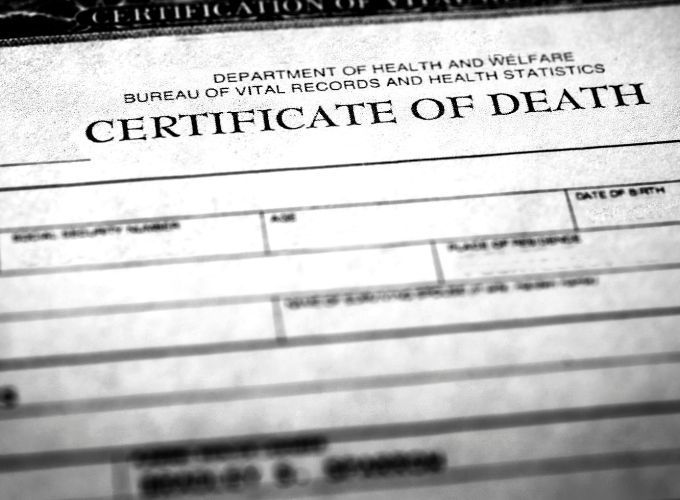Articles Of Interest
What To Expect When Preplanning A Funeral
There are several components to making funeral arrangements.

When helping to make arrangements at the time of death, the funeral directors at the Buch Family of Funeral Homes sometimes have to explain to a family that even though Mom or Dad thought everything was taken care of, it really wasn’t.
Some people mistakenly believe that they have taken care of everything by stipulating in their will what they would like to be done for their funeral service. Unfortunately, no one reads the will until long after the funeral, when it’s too late. The main purpose of a will is to provide instructions for the handling of an individual's financial affairs, not funeral preplanning.
Others, who have purchased a cemetery plot or columbarium niche, believe that this is all that is required, neglecting to also make arrangements for their funeral service. Making arrangements with the cemetery is just one aspect of the preplanning process.
There are those who have even taken the step to talk with their family about their funeral wishes, but don’t write the details down. This can prove problematic and create unnecessary confusion later, as loved ones may disagree about what they each heard. The best way to be clear about your wishes and ensure that your immediate family knows what you want is by meeting with one of our funeral directors to put everything in writing.
Preplanning is not complicated. It usually takes about an hour of your time. One of our funeral directors will walk you through the process to help you make the preplanning decisions that reflect what you want. We’re happy to take the time to answer any of your questions and explore options.
So what should you expect when preplanning a funeral? There are several components to making funeral arrangements. To start, you can decide if you’d like a traditional funeral service or a more informal gathering, and select the most fitting funeral, cremation, and burial options for you.
You’ll have time to discuss and explore such options as your preferred venue, merchandise, music, published tribute and final resting place. We’ll gather your vital information, which will be needed later for death certificates and filing for Social Security or veterans’ burial benefits, along with life insurance claims.
When you preplan your funeral, we’ll also explain funding options and address any of your financial concerns. If you choose, you can also arrange to prefund your services. Prefunding arrangements can be made through insurance, a trust, local bank or affordable monthly payment plan. Remember, there is no obligation on your part to prefund your arrangements.
Once all your arrangements have been made, we will provide you with a complete record of what you’ve selected, including a listing all of the goods and services you have purchased and the price. You will receive a written preneed funeral contract explaining, in plain language, your rights and obligations. That way, you will have all the details that you need to share with your family, so that they also know what you’ve planned. The body content of your post goes here.











